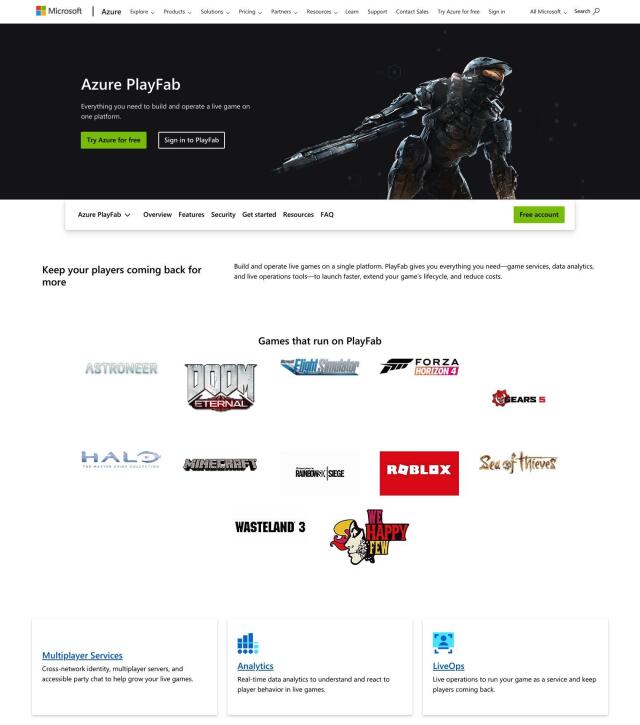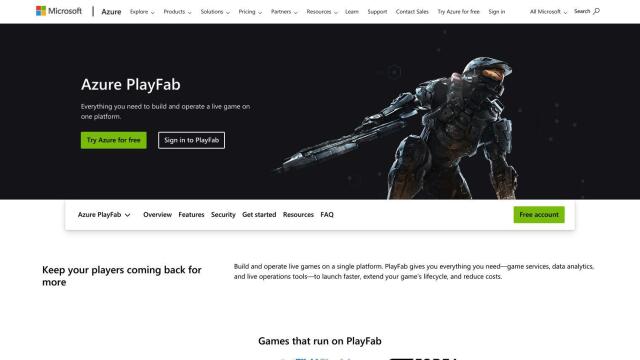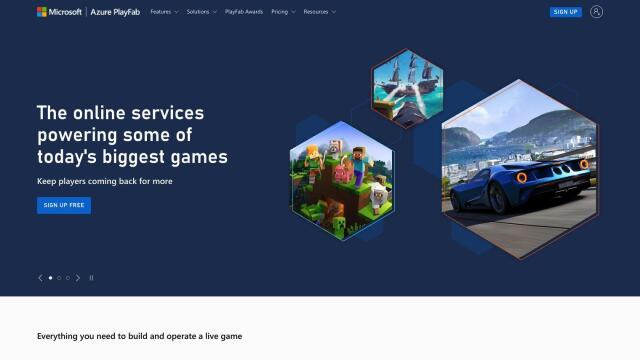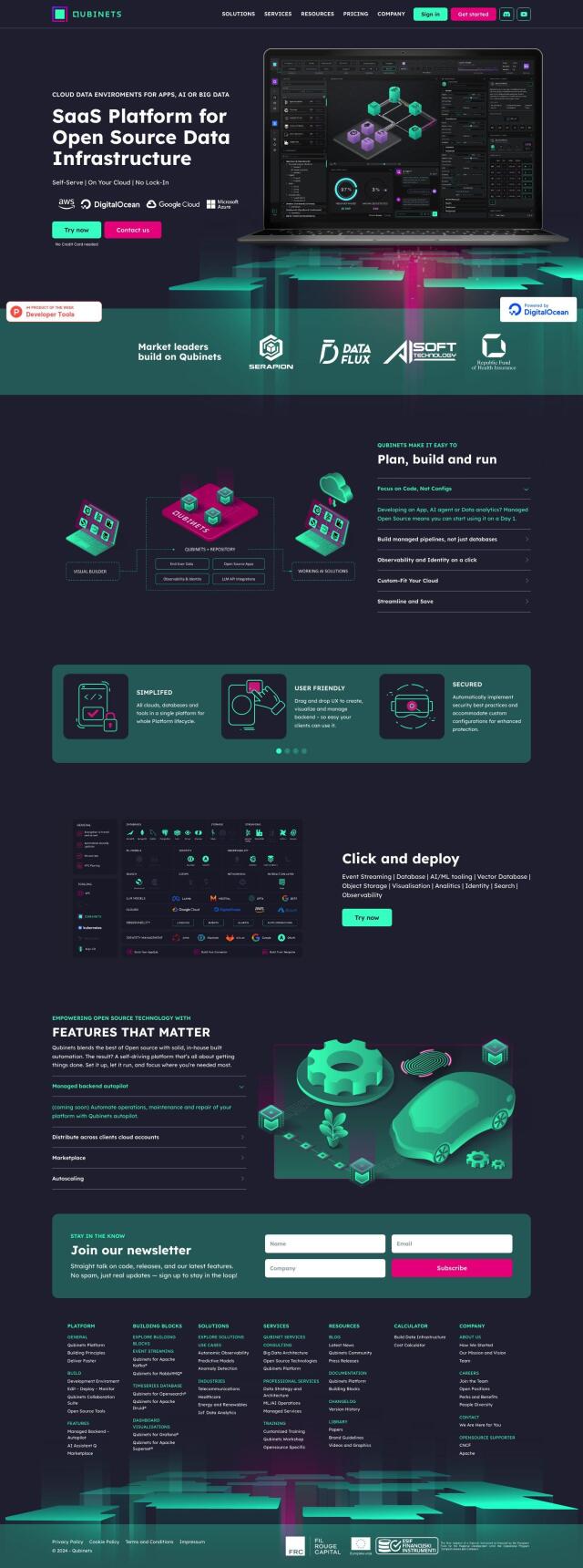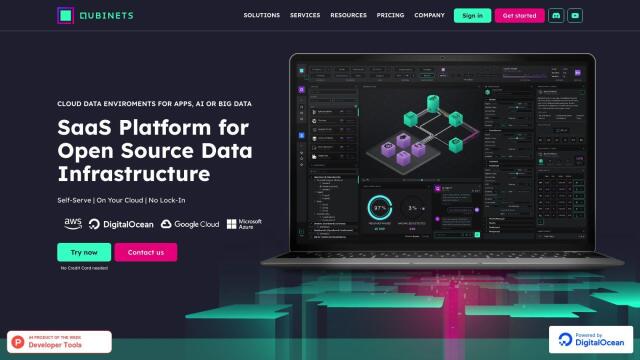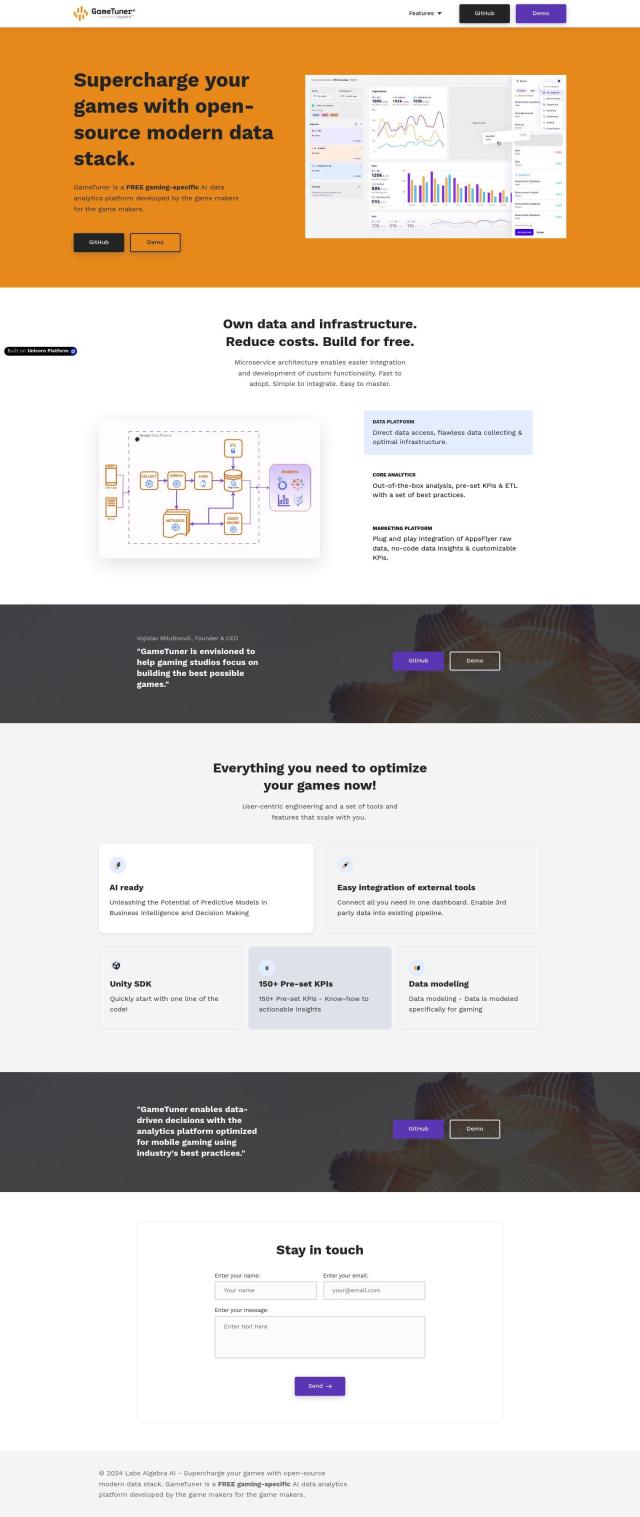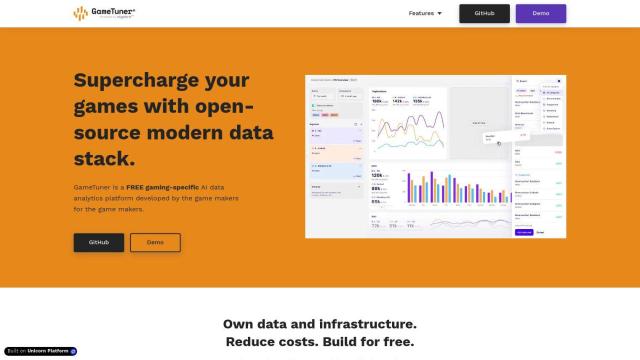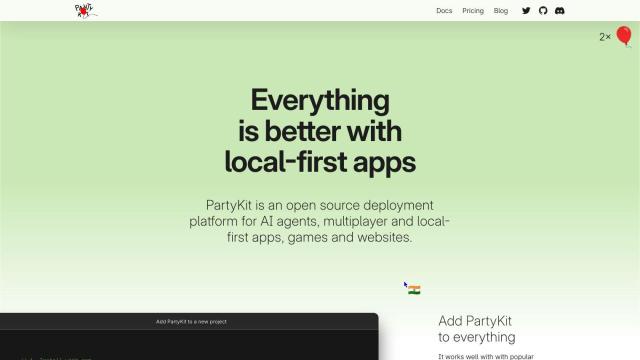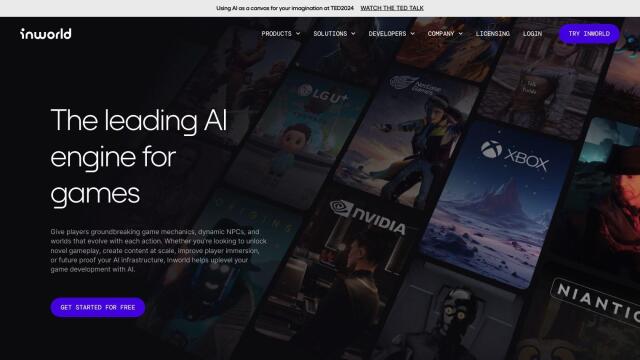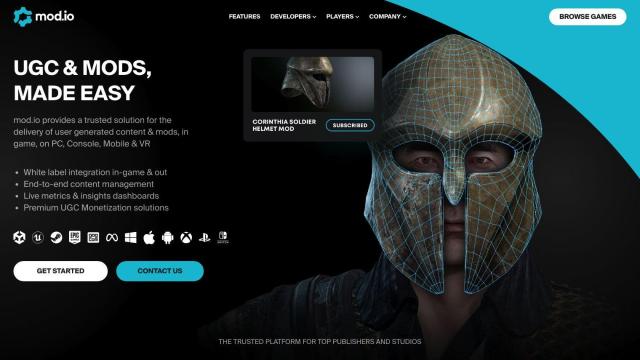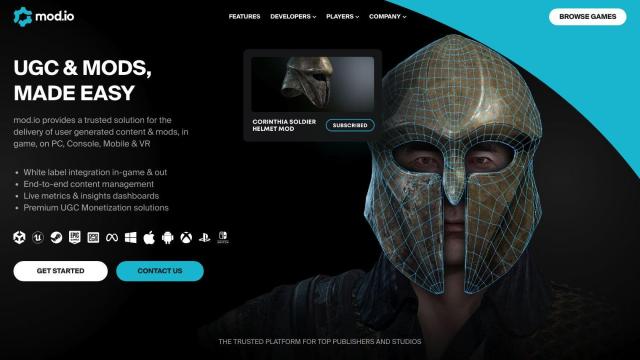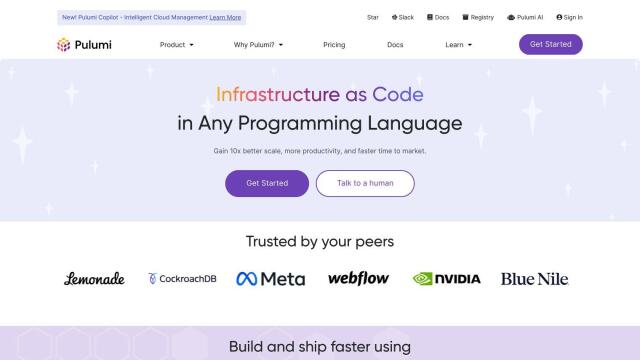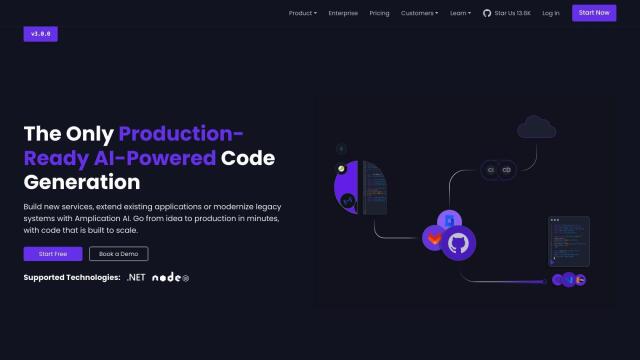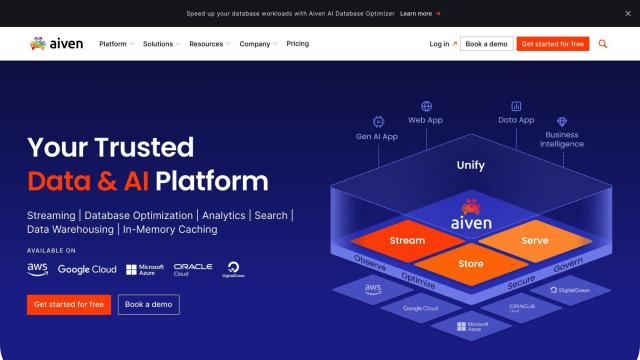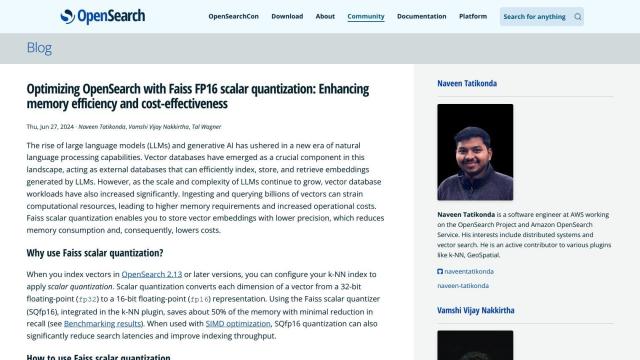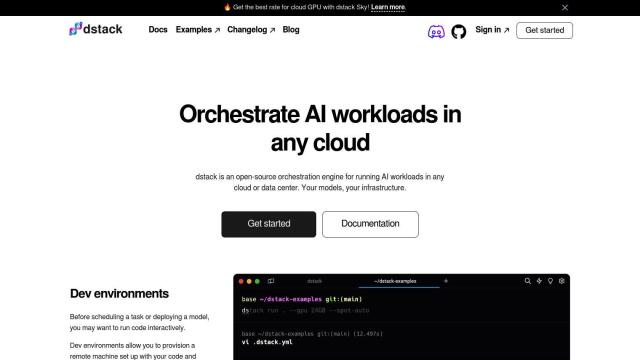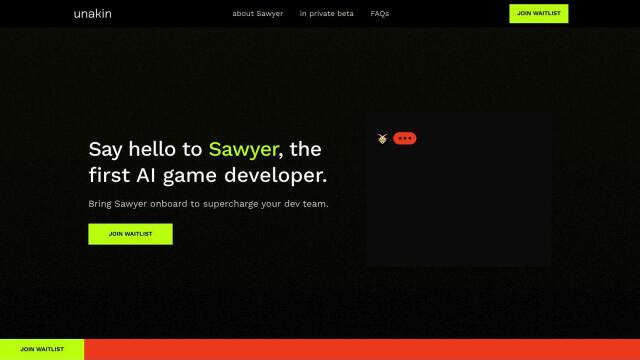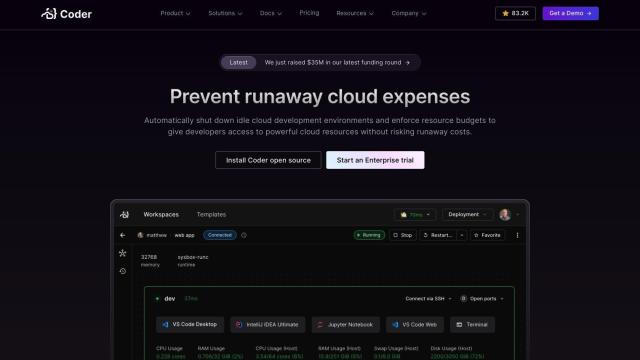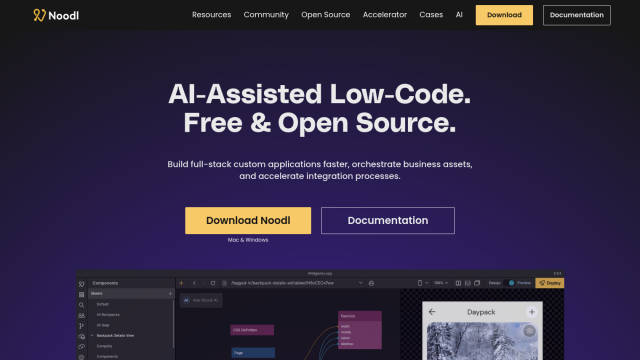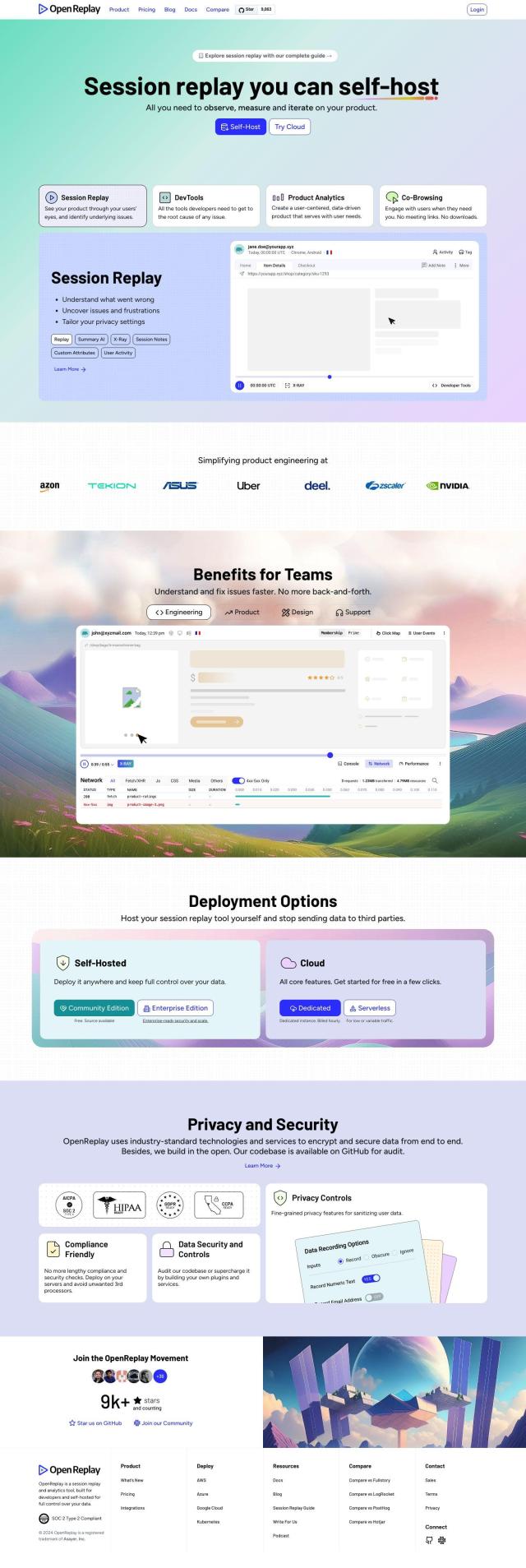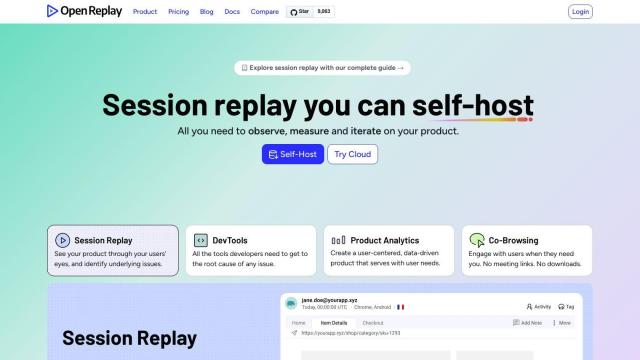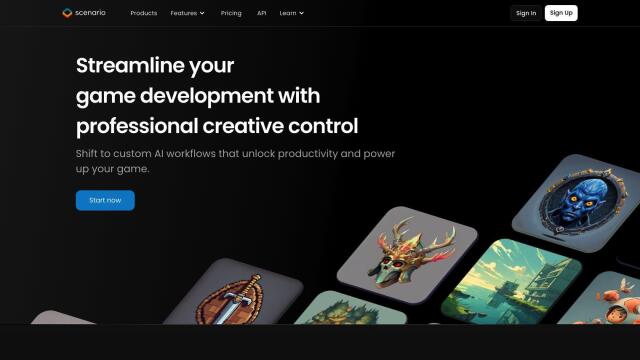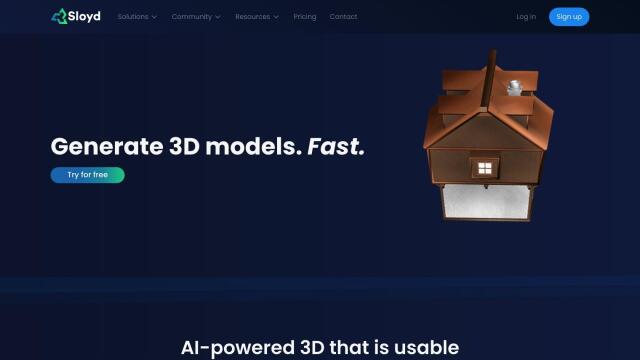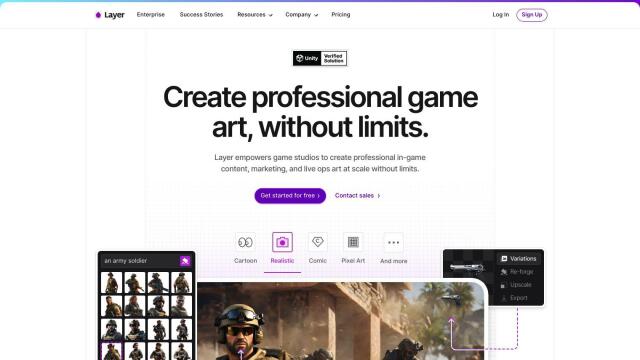Question: Can you recommend an open-source solution that gives me control over my game data and infrastructure?

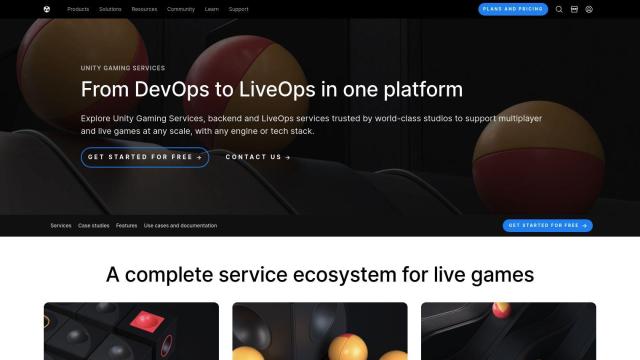
Unity
If you want an open-source alternative that lets you control your game data and infrastructure, Unity is a powerful option. Unity is a full-stack live games platform that includes tools for multiplayer networking, backend development, live operations, DevOps and game monetization. It offers scalable game hosting, content management and analytics, and supports integration with Unity and other game engines. It's a good choice for a broad range of projects, letting you concentrate on the creative aspects of game development.

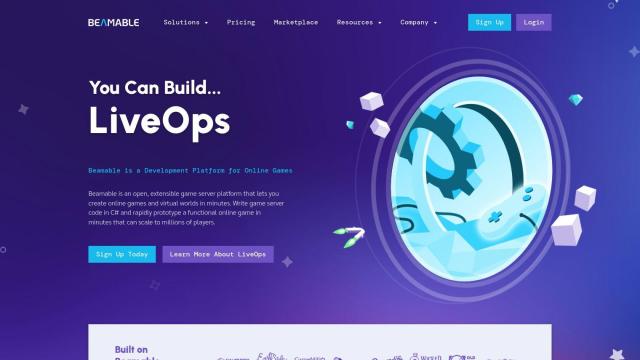
Beamable
Another good option is Beamable, an online game and virtual world development platform. Beamable uses a serverless design with microservices and C# scripting that lets developers write their own game server logic without having to set up the underlying infrastructure. It comes with a LiveOps Portal for managing the game and offers SDKs for Unity and Unreal Engine. With a range of platform features for live content like events, tournaments and leaderboards, Beamable is designed to accelerate game development and deployment.

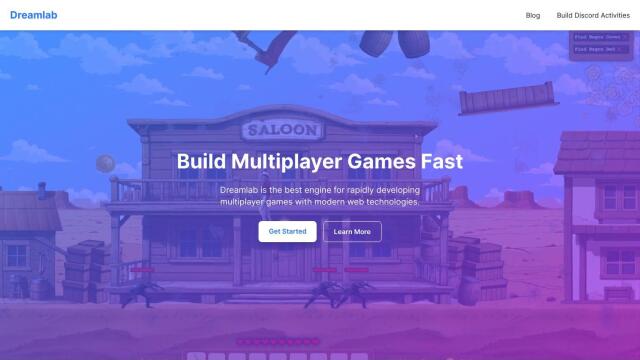
Dreamlab
For those who want to take advantage of modern web technology, Dreamlab is a game engine geared for building multiplayer games quickly. It uses AI to generate assets, supports real-time multiplayer and lets developers write games in JavaScript or TypeScript. With features like web-based development, real-time collaboration and an integrated AI coding assistant, Dreamlab streamlines the game development process while offering powerful multiplayer abilities.

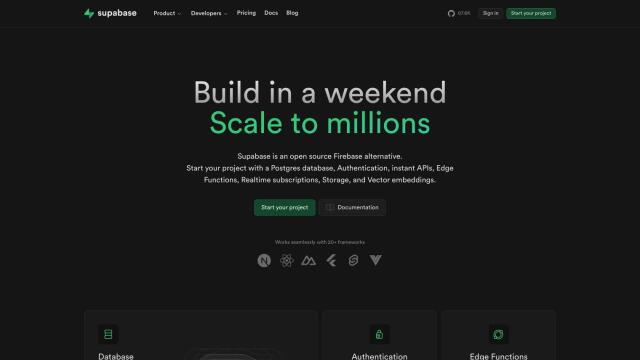
Supabase
Last, Supabase is an open-source Firebase alternative that offers a Postgres database, user authentication and real-time APIs. It's not specifically geared for game development, but it's a good all-purpose tool for building production-ready apps with instant APIs, real-time data synchronization and vector embeddings for machine learning integration. Supabase's flexible pricing and broad feature set make it a good option for developers who need to manage and synchronize large data sets for their game apps.
